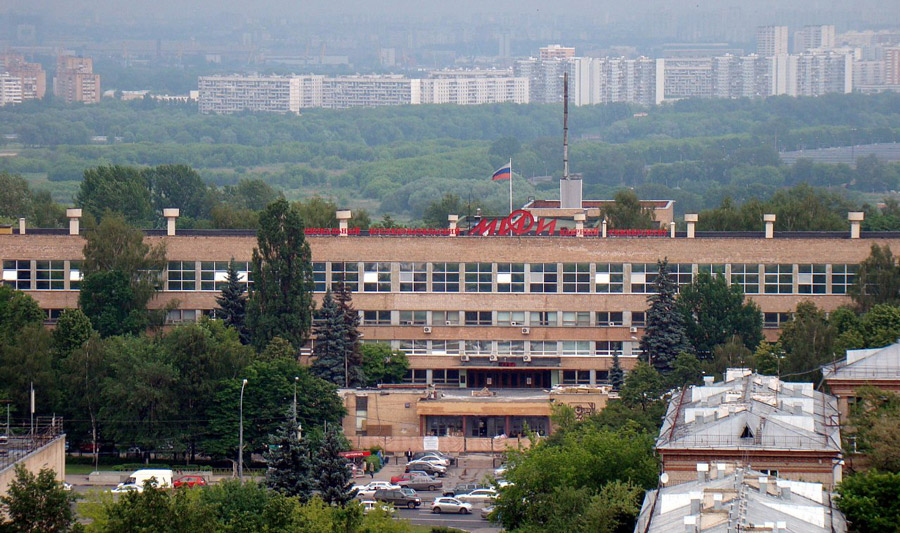
Promoting innovations
back to contentsThe university was recognized for its outstanding contribution to the promotion of Russian science in Russia and abroad. The award was also given to the 13 most published and cited Russian scientists.
According to organizers, the Scopus Award established by a large scientific publishing house Elsevier is a reliable indicator of scientific achievements. Winners are selected by the number of international scientific publications and citation index, excluding subjective judgments.
The number of publications is taken from Scopus, the world’s largest abstract and citation database covering more than 19,000 scientific, technical, and medical publications from over 5,000 publishers worldwide, including Russia.
“Scopus Award winners promote advanced research in Russia and around the world. The Forum was a celebration of the country’s commitment to drive innovation and growth forward through cross-sector dialog and collaborative goodwill. We are honored to support the Russian scientific community with the highest quality content and cutting-edge digital solutions,” said Elsevier Chairman Youngsuk Chi at the awards ceremony.
The first Scopus ceremony took place in China in 2004. Since then, awards are annually given to the most published and cited scientists from Latin America, Asia and Europe. In Russia, scientists are awarded by the Ministry of Education and Science, Russian Foundation for Fundamental Research, Federal Agency for Scientific Organizations, Skolkovo Fund and Rossiya Segodnya news agency.
The National Research Nuclear University is one of the first two Russian national research universities. The university has close links with Rosatom and IAEA, and serves as a venue for a variety of scientific events, such as annual symposiums and conferences. Since 1997, the National Research Nuclear University supported by Intel Corporation has hosted the Junior competition, which is part of the Intel International Science and Engineering Fair.
In 2013, the University was among 15 winners of the Top Russian Universities International Competitiveness Improvement Contest organized by the Russian Ministry of Education and Science. Experts recognized its training program (road map) to be one of the best. In 2014, the Russian rating agency Expert RA assigned its B rating to the University (very high level of student training).
In late April, Quacquarelli Symonds published its World University Rankings by Subject (QS Subjects 2015), reflecting a positive trend for a number of Russian universities, including the National Research Nuclear University that leaped from the global Top 300 to Top 100 universities in terms of physics and astronomy education quality.
A total of 10 Russian universities received their QS ranking. Factors improving performance of Russian universities on the QS scale, their prospects and key trends on the global education market were discussed during the Moscow-Novosibirsk-London video conference held by the international agency Rossiya Segodnya upon the publication of the Russian version of QS Subjects 2015. Taking part in the video conference, Mikhail Strikhanov, Rector of the National Nuclear Research University, explained why Russian universities should participate in global independent rankings. Being more targeted, rankings by subject better reflect the quality of education in Russian universities. “Sixty percent of ranking scores are given by experts. It means the ranking is impartial and reliable,” the rector noticed and called on for action. “The Russian expert community should be integrated in the global educational process as global rankings of our universities depend on expert opinion,” he added.




